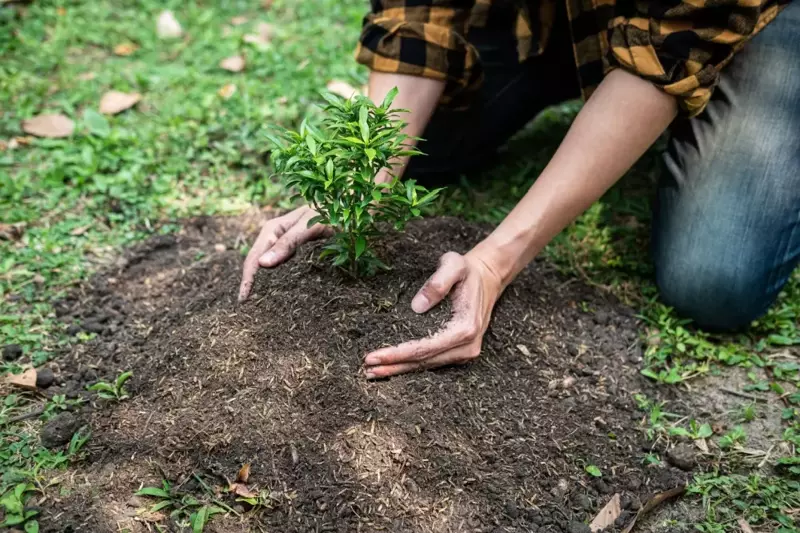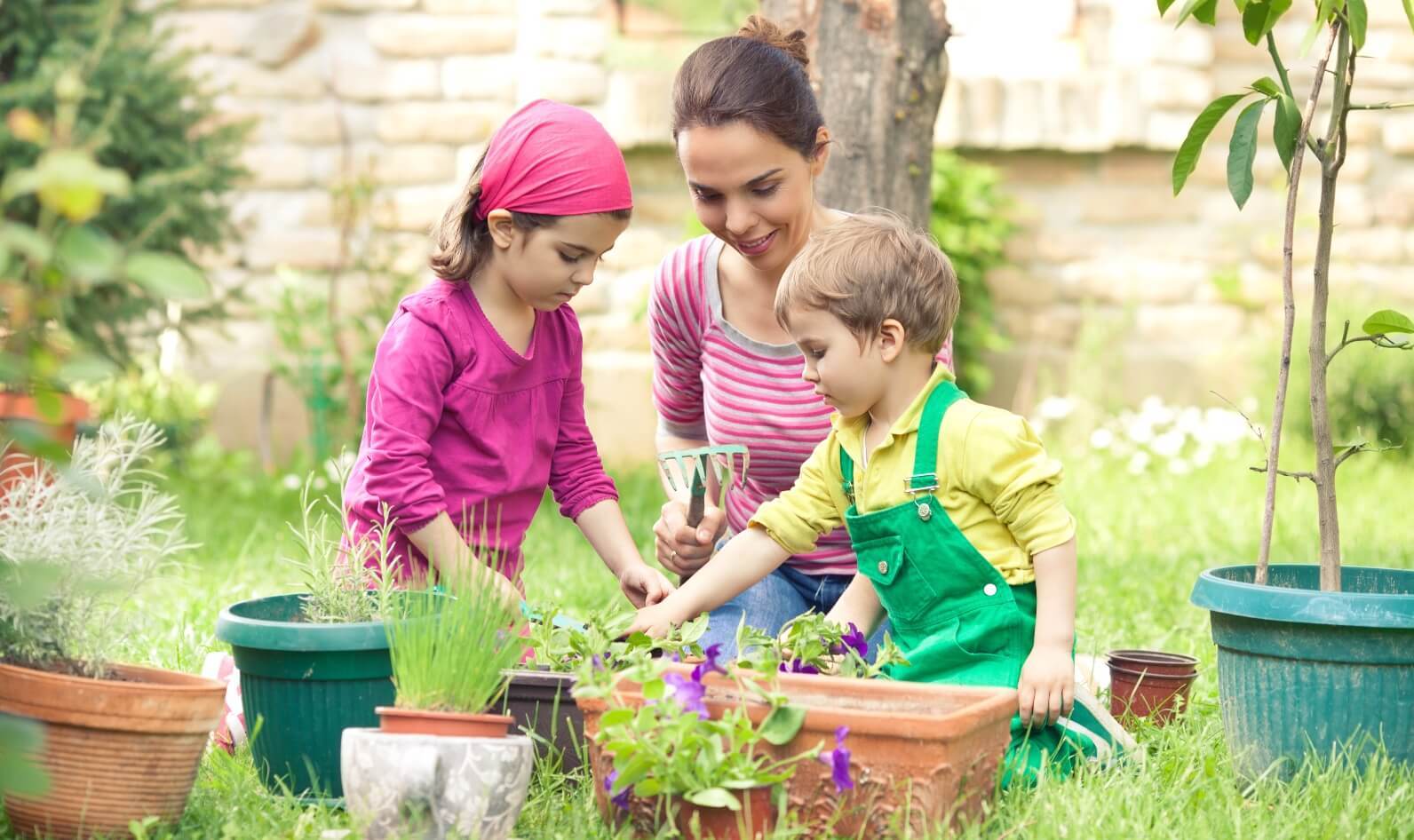Unlocking the Conveniences of Horticulture: An In-depth Take A Look At the Different Types and Their Impact on Health
Discovering the diverse advantages of gardening discloses a range of techniques that considerably improve specific health. From vegetable and herb gardens to container and elevated bed arrangements, each kind offers distinctive advantages that prolong beyond mere growing. These activities not only foster physical health with active engagement however additionally contribute to psychological wellness by minimizing anxiety and motivating mindfulness. As we check out these varied gardening approaches, it comes to be obvious that their effect can resonate on individual, social, and environmental levels, motivating a more detailed check out exactly how these connections create a cohesive narrative of all natural wellness.
Kinds of Horticulture

Blossom gardening, an additional popular category, emphasizes the visual charm of cultivated flowers. This type can improve landscapes and promote biodiversity by attracting beneficial pollinators. Natural herb gardening entails expanding aromatic and cooking plants, contributing both to food preparation and natural remedies.
Container gardening deals flexibility, enabling individuals with minimal space to participate in horticulture by using pots and planters. This technique is specifically preferred in urban setups. Raised bed gardening, on the other hand, includes creating elevated plots that enhance soil drain and availability, making it simpler for garden enthusiasts to manage their plants.
Last but not least, neighborhood horticulture fosters partnership among individuals in shared rooms, promoting social communication and collective obligation. Each kind of horticulture serves unique purposes and provides to different preferences, making gardening a versatile activity that can be customized to private needs and settings.
Mental Health Advantages
Taking part in different types of horticulture not just generates tangible rewards such as fresh fruit and vegetables and beautiful blossoms but additionally provides significant mental health advantages. Research study indicates that horticulture can be an effective tool for minimizing tension, stress and anxiety, and anxiety. The act of tending to plants and cultivating a yard fosters a sense of function and achievement, which can improve overall emotional wellness.
In addition, gardening encourages mindfulness, as it requires individuals to concentrate on the present moment, whether it be planting seeds or nurturing growth. This mindfulness method can cause minimized rumination and boosted state of mind security. The direct exposure to native environments throughout horticulture has actually also been linked to boosted cognitive working and reduced sensations of fatigue.
Social interaction plays a crucial function in mental wellness, and area horticulture initiatives provide chances for people to attach with others, cultivating a sense of belonging. The common experience of gardening can cultivate friendships and assistance networks, additionally reinforcing emotional durability.
Physical Wellness Benefits
Lots of people might not recognize that gardening also provides substantial physical health benefits. Participating in horticulture tasks needs a series of physical movements, consisting of flexing, training, excavating, and planting, which jointly add to improved stamina, flexibility, and endurance. These activities can boost cardiovascular health and wellness by advertising a raised heart rate, thus lowering the risk of cardiovascular disease.
Moreover, gardening can offer as a directory moderate-intensity workout, helping individuals attain recommended physical task levels. Research studies show that routine participation in horticulture can shed significant calories-- about 200-400 calories per hour, depending upon the intensity of the tasks carried out. Such calorie expense is helpful for weight monitoring and overall metabolic wellness.
Additionally, exposure to sunlight during horticulture can help with the synthesis of vitamin D, which plays a crucial role in maintaining bone health and wellness and supporting immune function. The act of gardening commonly entails working with soil, which has actually been linked to prospective mental and physical health and wellness benefits due to the existence of helpful bacteria.
Social Connections With Gardening
The communal facets of gardening foster purposeful social links among people. Neighborhood gardens, in particular, serve as vivid centers where people from diverse histories collaborated, cultivating not only plants but likewise relationships. These shared rooms urge collaboration, permitting people to exchange knowledge, skills, and resources, consequently boosting their horticulture experience and cultivating a feeling of belonging.
Involvement in gardening tasks often leads to the formation of friendships and support networks. Participants regularly join for common objectives, such as planting periods, harvest parties, or academic workshops, which strengthen social connections and develop a feeling of area. Such communications can ease feelings of seclusion and improve mental health, as individuals locate companionship and friendship in common ventures.

Ecological Impact of Gardening
Gardening substantially adds to environmental sustainability in multiple methods. One of the most remarkable advantages is the enhancement of biodiversity. Home gardens give crucial habitats for numerous types, consisting of pollinators such as bees and butterflies, which are vital for navigate to these guys ecosystem wellness. By cultivating varied plant types, garden enthusiasts can produce a well balanced atmosphere that sustains both plants and animals.

Moreover, yards play an essential role in water conservation. Tactical landscapes, consisting of native plants and xeriscaping, decrease water usage and protect against drainage, consequently securing local waterways from air additional hints pollution.
Verdict

Finally, gardening acts as a diverse task that improves health across numerous domains. The varied sorts of horticulture-- including veggie, flower, natural herb, container, and elevated bed-- add to psychological and physical health, foster social connections, and promote ecological sustainability. By participating in horticulture methods, people can experience better high quality of life while likewise sustaining community bonds and environmental wellness. Ultimately, the holistic advantages of horticulture underscore its importance as an essential element in improving general health.